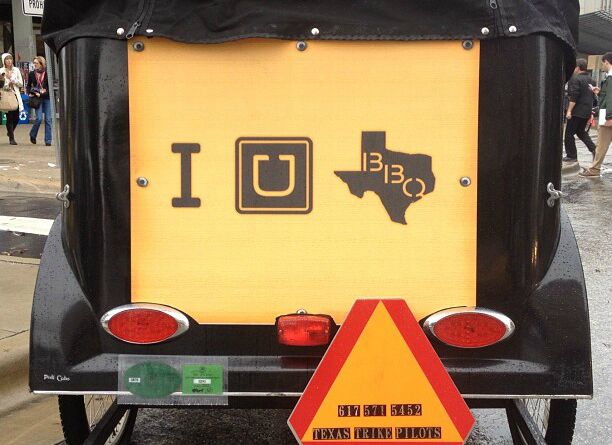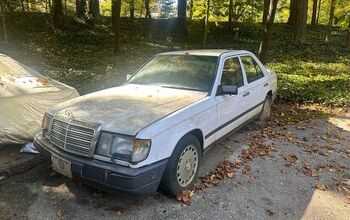Direct Sales, Ride-Hailing Bills Among Those DOA In Texas House
Tesla and Uber are among those whose efforts were for nothing as a crucial deadline to win approval on the Texas House floor passed last week.
The deadline was the last chance for House bills to win initial approval from the entire chamber, The Star-Telegram reports. Though said bills could be added onto other bills through the end of the legislative session June 1, “the funnel is only so large” to commit the necessary action, according to House Republican Caucus chair Rep. Tan Parker of Flower Mound.
One of the bills shut out by the deadline would have granted transportation network companies like Lyft and Uber statewide licenses to operate while stripping individual cities of their right to regulate their services. House Bill 2440, sponsored by Rep. Chris Paddie of Marshall, failed to receive a floor vote due to issues surrounding safety, wheelchair-access, and insurance.
Meanwhile, Tesla’s efforts to overturn the state’s ban on direct sales were thwarted for a second time since 2013. House Bill 1653 and Senate Bill 639 would have allowed automakers who’ve never sold their wares through a franchise dealership network to open and operated up to 12 stores in Texas. Neither bill drew a committee vote on their respective floors, with the blame directed at Tesla itself, according to Rep. Senfronia Thompson of Houston:
I can appreciate Tesla wanting to sell cars, but I think it would have been wiser if Mr. Tesla had sat down with the car dealers first.
Seattle-based writer, blogger, and photographer for many a publication. Born in Louisville. Raised in Kansas. Where I lay my head is home.
More by Cameron Aubernon


































Comments
Join the conversation
Mr. Tesla. Nice.
The legislative process is an egregiously unattractive type of sausage-making.
I don't get what's so difficult about Uber/Lyft and regulation. They are pre-arranged-ride car services, no different from any other, except you use an app instead of calling a dispatch center or using a website to book your car. They should be regulated with whatever rules a state or local government sees fit for any such services. Now, are said services over-regulated, or regulated in such a way as to artificially limit competition and raise prices? Maybe. But that's another discussion entirely, and any changes to said rules should apply to the entire industry, not give special treatment to "tradtional" for-hire services or the new ones. (Random side-note: Congrats to this article for not calling them "Ride-Sharing" there's no "sharing" about them at all, and I remain baffled as to how they ever got that name.)